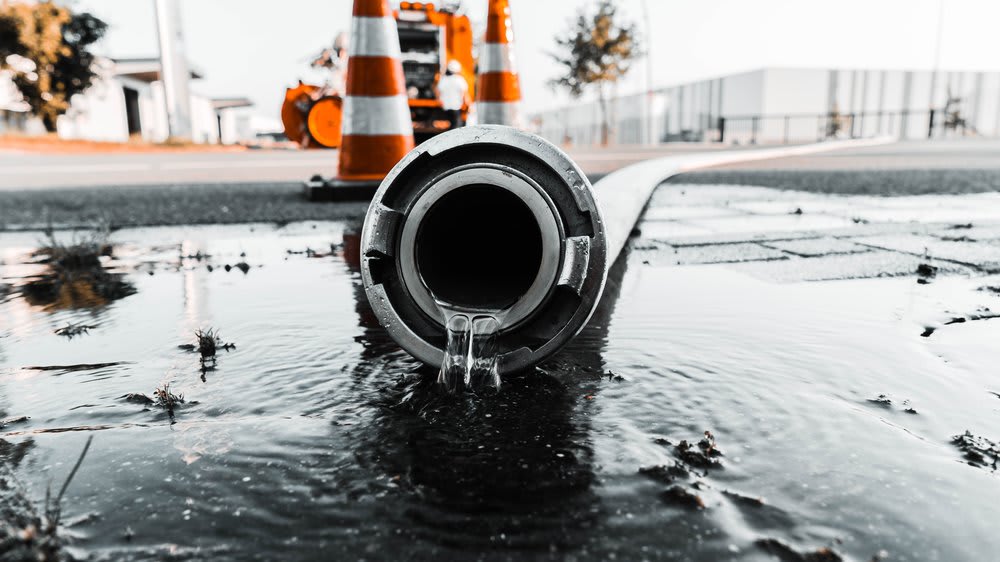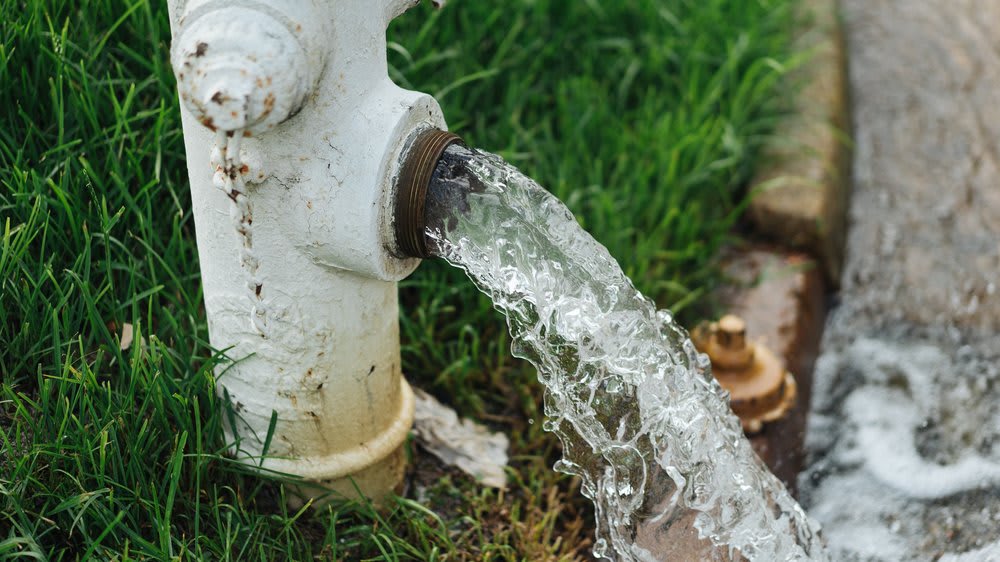There’s Insurance for That! The Tale of an Inconvenient Lead Pipe
Written by Zoe FoxIn a city as old and full of history as Philadelphia, you can imagine what creepy things lurk beneath our streets and sidewalks. Artifacts, bones, bricks, roots, bottles, sewers, water mains and gas lines, and other underworldly things. As a homeowner, you probably want to make yourself aware of your water and sewer situation because when they stop working it’s a real bummer! Learn from me, save yourself some heartache, do the grown-up thing, and get insurance for that!
Two weeks ago, I discovered a leak coming from the main line that enters my house and sprouting a little fountain onto the tile into my finished basement-ahh! Of course, the leak had sprung just below the shutoff valve at the water meter so there was nothing I could do to stop it except to put out buckets and towels until my favorite plumber was able to rush out and shut it off at the curb. The leak stopped but they confirmed my suspicion that the old lead service line had finally given out and we would need to replace the whole thing. Zero point in trying to patch up lead pipes, just get rid of them! We’ve known that the pipe was lead and we would eventually have to replace it, we just didn’t take care of it because of life. Then that stupid old pipe forced us out of our house for 10 days until it could be dealt with.

So please learn from my mistakes!
Here’s what I learned, hopefully, it can save someone else.
1. Get water and sewer insurance from the City, it costs less than $100 a year ($7.98 a month!!) and offers UNLIMITED coverage on both your water and sewer lines. WAY BETTER than having to shell out thousands of dollars to make your home habitable again!
More info to sign up for the program here: philaenergy.org
Many people don’t know that they are responsible for the water and sewer line from the street leading into their home and the City is responsible for the main and the lines in the street. They can be costly to replace depending on how much digging is required.
2. Contact your homeowner’s insurance company for any major damage. Our policy only covers the damage done to the walls, trim and personal items that were soaked by the leak and dry-out services if we needed them. They consider the old lead line to be a maintenance item since it was old, corroded, and a probably known issue, thus it’s not covered. There’s also a good chance that the minor repair work needed won’t be covered if it’s under our deductible. Boo! But live and learn and be aware of your coverage.
3. Keep everything in your basement in plastic bins, cardboard is not your friend.
If you need a plumber recommendation or just someone to talk to about the tribulations and joys of homeownership, we’re here for you.






